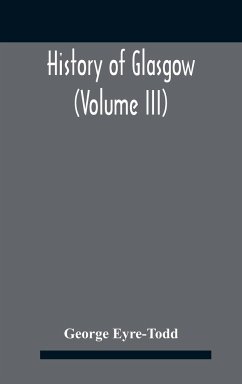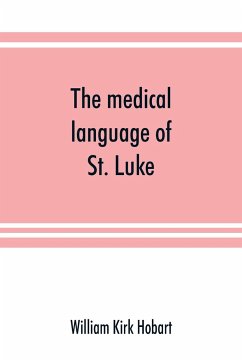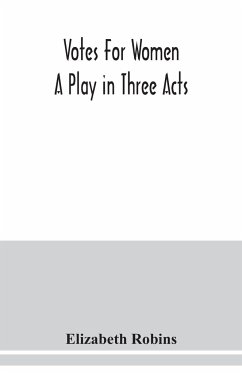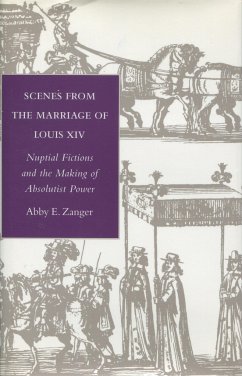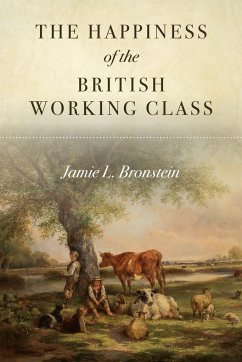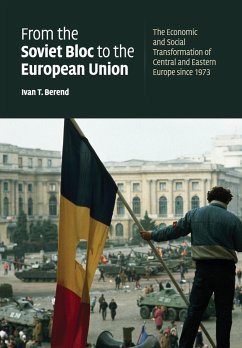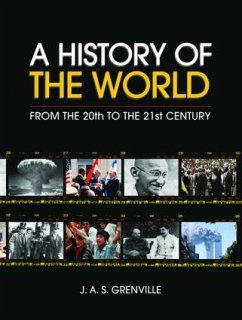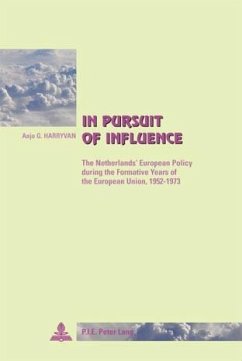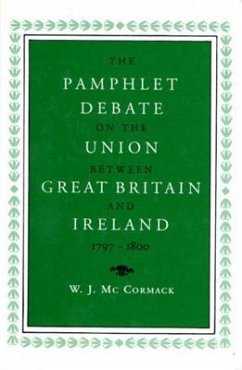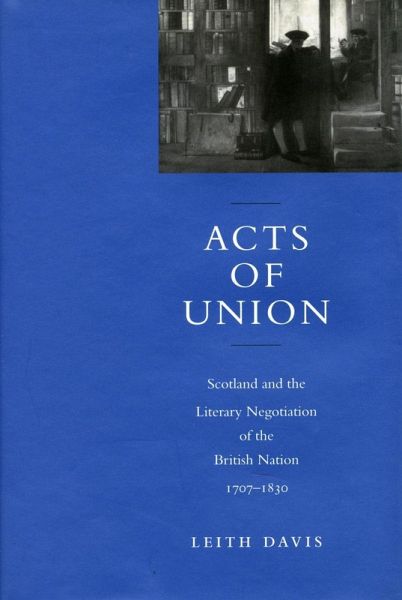
Acts of Union
Scotland and the Literary Negotiation of the British Nation, 1707-1830
Versandkostenfrei!
Versandfertig in über 4 Wochen
65,99 €
inkl. MwSt.

PAYBACK Punkte
33 °P sammeln!
Acts of Union explores the political relationship between Scotland and England as it was negotiated in the literary realm in the century after the 1707 Act of Union. It examines Britain, one of the precursors to the modern nation, not as a homogeneous, stable unit, but as a dynamic process, a dialogue between heterogeneous elements. Far from being constituted by a single Act of Union, the author contends, Britain was forged-in all the variant senses of that word-from multiple acts of union and dislocation over time. Accordingly, each of the first five chapters focuses on a discursive encounter...
Acts of Union explores the political relationship between Scotland and England as it was negotiated in the literary realm in the century after the 1707 Act of Union. It examines Britain, one of the precursors to the modern nation, not as a homogeneous, stable unit, but as a dynamic process, a dialogue between heterogeneous elements. Far from being constituted by a single Act of Union, the author contends, Britain was forged-in all the variant senses of that word-from multiple acts of union and dislocation over time. Accordingly, each of the first five chapters focuses on a discursive encounter between a Scottish and an English writer. Chapter 1 examines the political debate between Daniel Defoe and Lord Belhaven concerning the Act of Union. Chapter 2 considers how Tobias Smollett and Henry Fielding used the novel form to highlight their concerns regarding the state of the nation after the 1745 rebellion. Chapter 3 analyzes the debate between James Macpherson and Samuel Johnson over the poems of Ossian and the origins of British culture, concluding with the crucial role played by James Boswell as a political and cultural mediator. Chapter 4 reads William Wordsworth's renegotiation of Robert Burns's work after the Scottish poet's death as illustrative of the contest for control of the British cultural realm at the end of the eighteenth century. Chapter 5 argues that in his 1830 republication of Minstrelsy of the Scottish Border, Walter Scott imagines alternative histories of Britain and of English literature through his negotiations with Thomas Percy and his Scottish predecessors Macpherson and Burns. The concluding chapter considers the use made of the representation of Scottish national difference in the institutionalization of English literature. As well as plotting out specific moments during which writing served both to trouble and to renegotiate the Union of Great Britain, the book considers the articulation of British national identity within more general questions concerning postcolonial theories of the nation, and also sets itself within the current debate about the future of Scotland within Britain.



